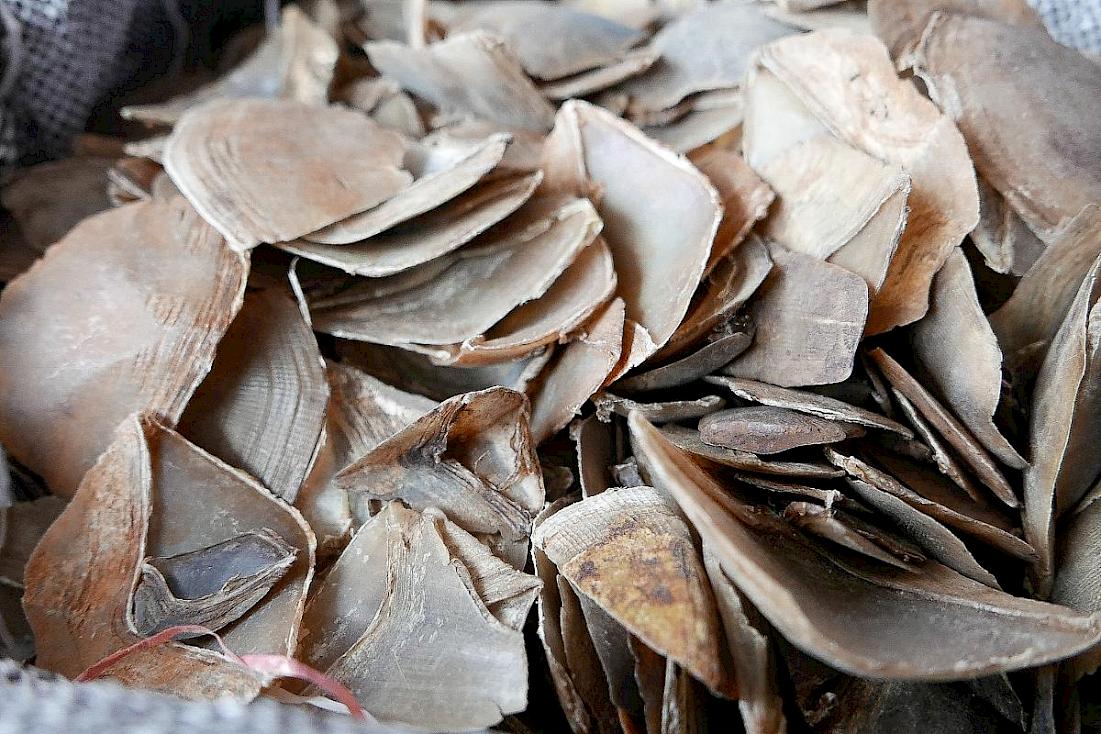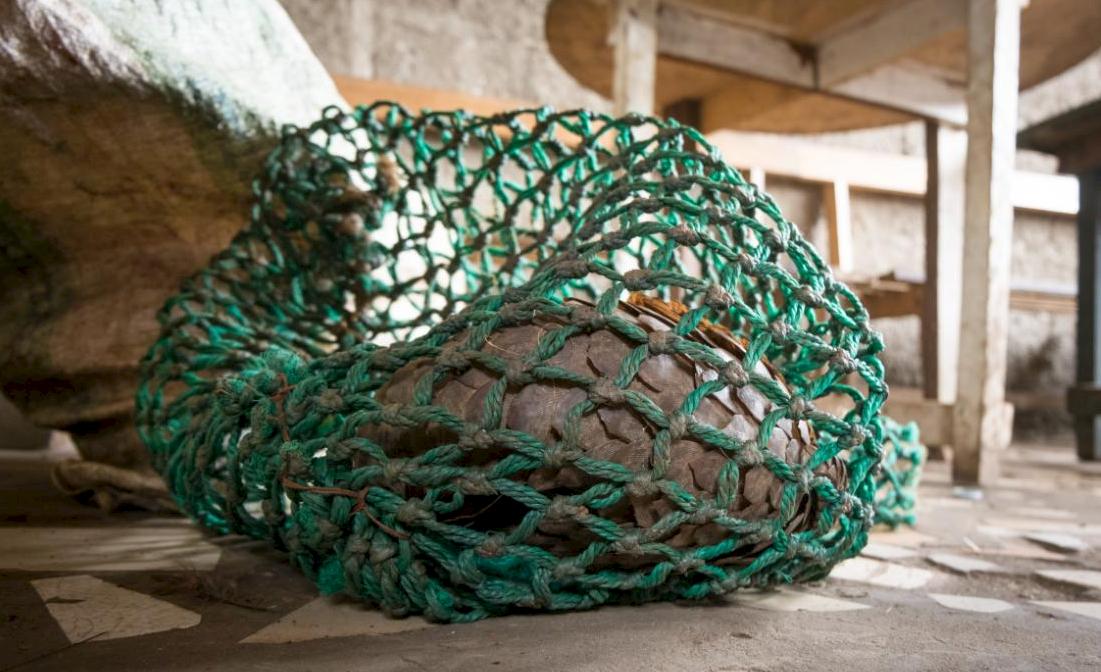Surprising turn in Malaysian pangolin scale trafficking case
A recent high-profile legal case in Malaysia took an unexpected turn, highlighting the complexities of securing convictions in complex transnational wildlife cases.
On Friday 22 November 2024, a senior Customs officer, accused of illegally disposing of seized pangolin scales, was granted a discharge not amounting to acquittal (DNAA). This decision suspends the case indefinitely, leaving open the possibility of revival pending further investigations.
The case dates back to 2019, when Malaysia’s Anti-Corruption Agency discovered a staggering 1.8 tonnes of pangolin scales following raids at several locations. The scales were allegedly misappropriated from a Customs marine storage facility at Klang North Port.

The scales were meant to be handed over by the Customs Department for proper disposal by wildlife authorities but were released to a third party, according to court documents.
In May 2024, the officer was charged under Section 403 of Malaysia’s Penal Code for dishonest misappropriation of property, a charge carrying a jail term between six months and five years, whipping, and fines.
The case stems from a broader investigation by Malaysia’s Anti-Corruption Commission (MACC), which uncovered a syndicate linked to the illegal disposal and trafficking of pangolin scales and subsequently involved the seizure of several luxury vehicles associated with this case.

The bust and arrests in mid-2023 revealed a network spanning multiple countries, with support from enforcement agencies in the US, UK, and Hong Kong.
Friday’s DNAA decision does not equate to an acquittal. Instead, it indicates that the prosecution currently lacks sufficient evidence to secure a conviction and requires additional investigations.
This remains the only known legal action connected to this major seizure, which was initially hailed as a breakthrough in combating wildlife trafficking in Malaysia.
TRAFFIC urges the authorities to persist with their investigations, particularly under the country’s Anti Money Laundering laws, holding those responsible accountable and dismantling the networks enabling such crimes.
The illegal pangolin trade poses a grave threat to one of the world’s most trafficked mammals, undermining conservation efforts and fuelling organized crime.



